News
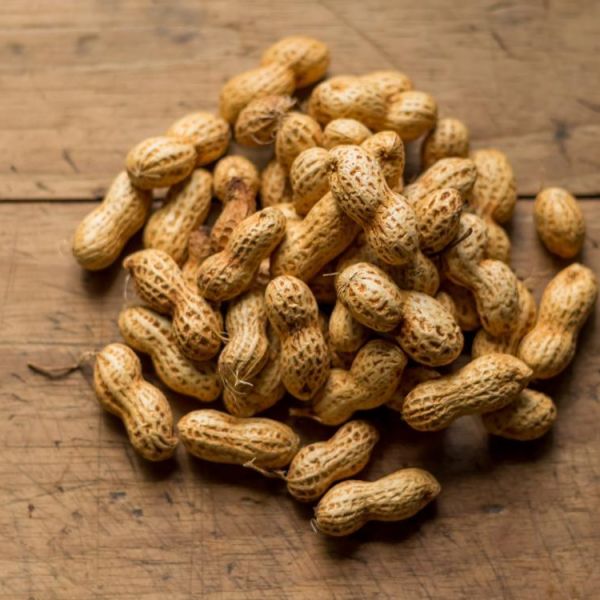
Dec 06, 2022
Peanuts and herbs and spices may positively impact gut microbiome
Adding a daily ounce of peanuts or about a teaspoon of herbs and spices to your diet may affect the composition of gut bacteria, an indicator of overall health, according to new research from Penn State.
Full Article
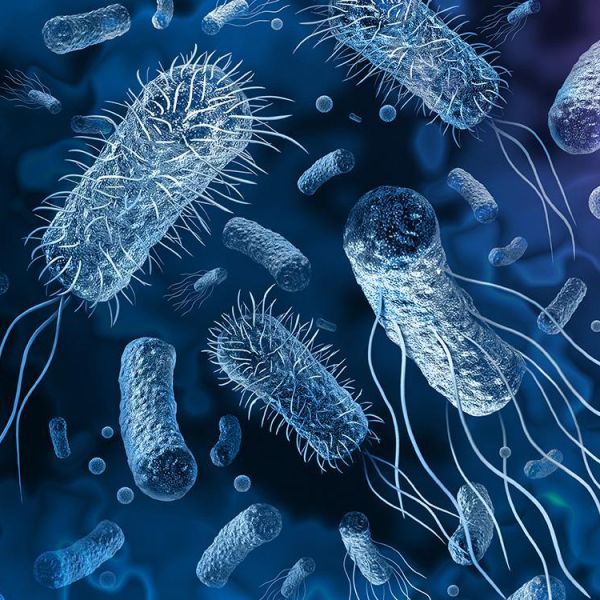
Nov 16, 2022
FDA-approved cholesterol medicine may help prevent antibiotic resistance
Antimicrobial resistance, including bacteria that have evolved to defy antibiotics, is one of the top 10 global public health threats humanity faces, according to the World Health Organization.
Full Article

Nov 16, 2022
Penn State community grieves loss of biomathematician Howard Weiss
Howard Weiss, professor of biology and mathematics at Penn State, passed away peacefully in his sleep on Nov. 5 at the age of 64.
Full Article
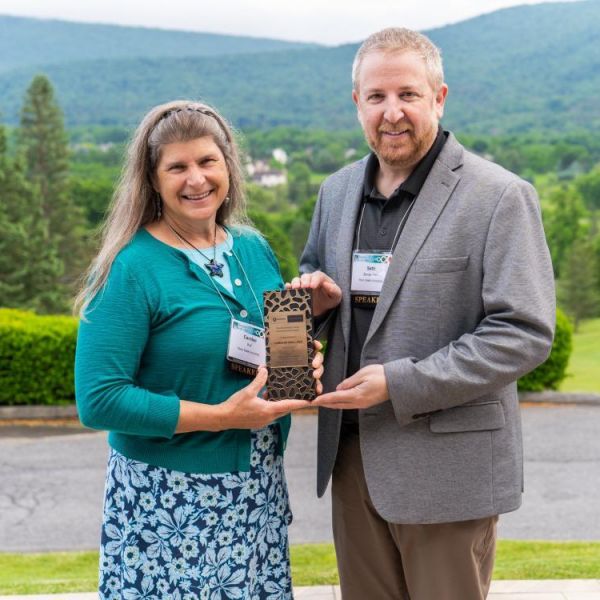
Oct 03, 2022
Bull steps down at Microbiome Center, looks forward to future innovation
After more than five years at the helm of Penn State’s Microbiome Center, founding director Carolee Bull has stepped down. Though she will continue serving as department head of plant pathology and environmental microbiology and as a professor of plant pathology and systematic bacteriology at Penn State’s College of Agricultural Sciences, Bull has handed off leadership of the Microbiome Center to recent Penn State hire Seth Bordentstein.
Full Article
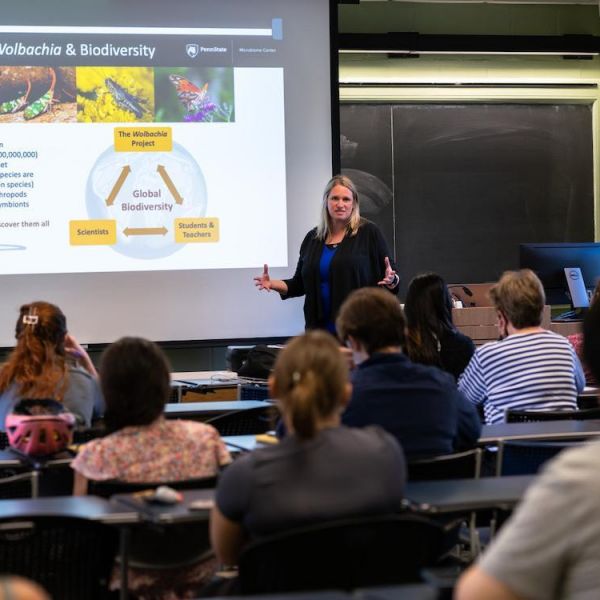
Sep 21, 2022
Heard on Campus: Sarah Bordenstein, The Wolbachia Project
Sarah Bordenstein, associate research professor in the Eberly College of Science, and director of Discover the Microbes Within! The Wolbachia Project, spoke at the Millennium Café on Sept. 13.
Full Article
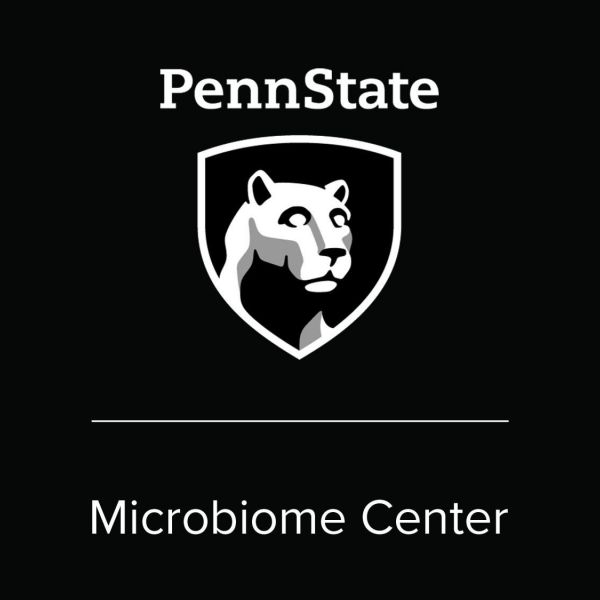
Sep 14, 2022
Microbiome Center announces inaugural Interdisciplinary Innovation Fellows
The Penn State Microbiome Center has named six recipients for its inaugural Interdisciplinary Innovation Fellowships (IIF) program, which aims to promote collaborative training opportunities for center members.
Full Article
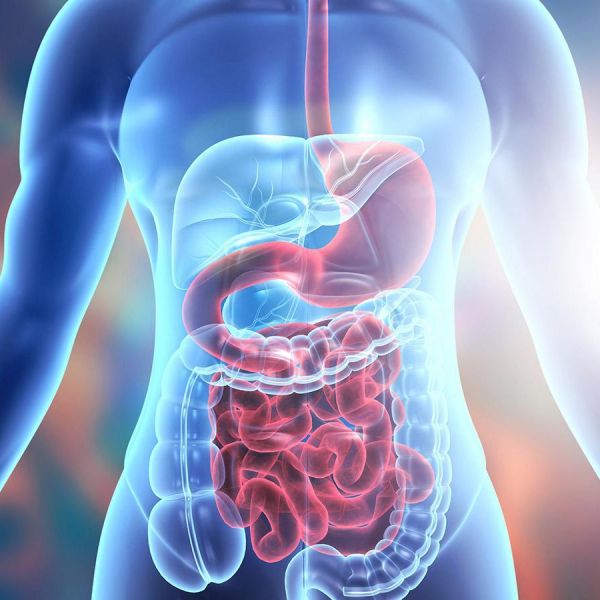
Jul 20, 2022
Predictive model uses gut microbes to forecast human diseases, health outcomes
A new approach that uses artificial intelligence (AI) shows how to use microorganisms in the body and molecules in cells to predict human health outcomes, according to Penn State College of Medicine and University of Texas Southwestern Medical Center researchers. They say it could improve the accuracy of predicting the development of human diseases, such as inflammatory bowel disease and diabetes.
Full Article
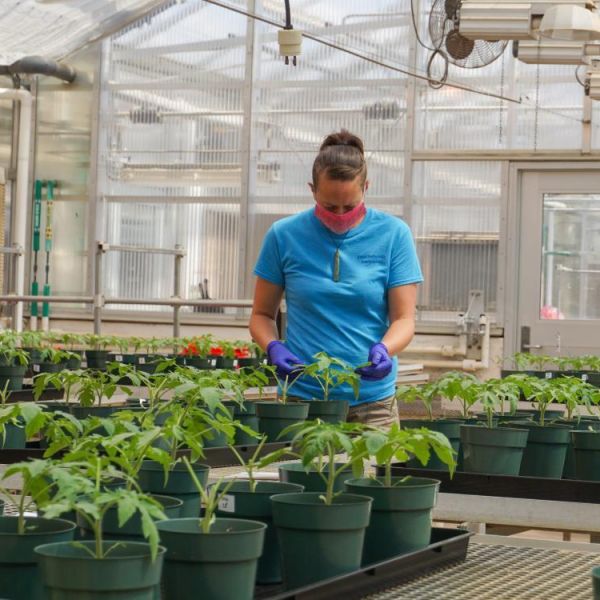
Jul 12, 2022
Above-ground microbial communities that quell plant diseases can be developed
Microbial communities naturally living on the leaves and stems of tomato plants can be manipulated to suppress diseases that reduce productivity, according to Penn State researchers, offering hope that growers someday can apply these mixtures of bacteria and fungi to protect plants and improve harvests.
Full Article

May 31, 2022
Seth Bordenstein named director of the Penn State Microbiome Center
Seth Bordenstein, director of the Vanderbilt Microbiome Innovation Center at Vanderbilt University, will take the reins of the Penn State Microbiome Center in the Huck Institutes of the Life Sciences in the fall of 2022.
Full Article
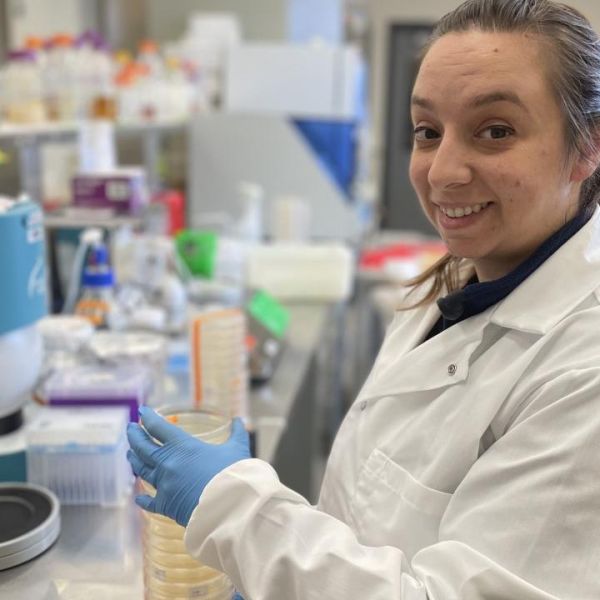
May 12, 2022
Microbiologists get grant to study biofilms guarding foodborne pathogen Listeria
Microbiologists in Penn State’s College of Agricultural Sciences have received a $605,000 grant from the U.S. Department of Agriculture to study how microbial biofilms protect Listeria monocytogenes, the bacterium that causes the deadly foodborne illness listeriosis.
Full Article